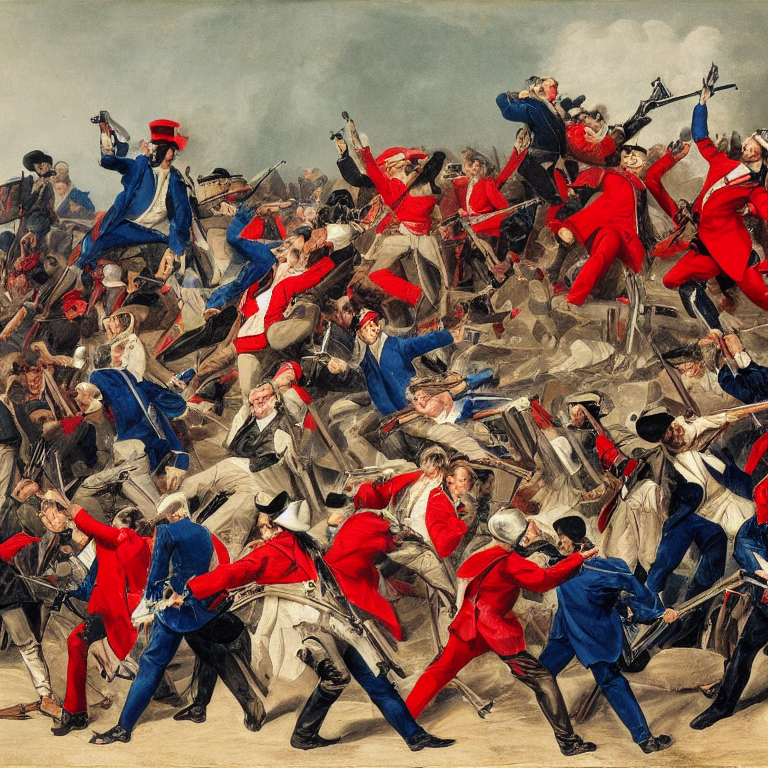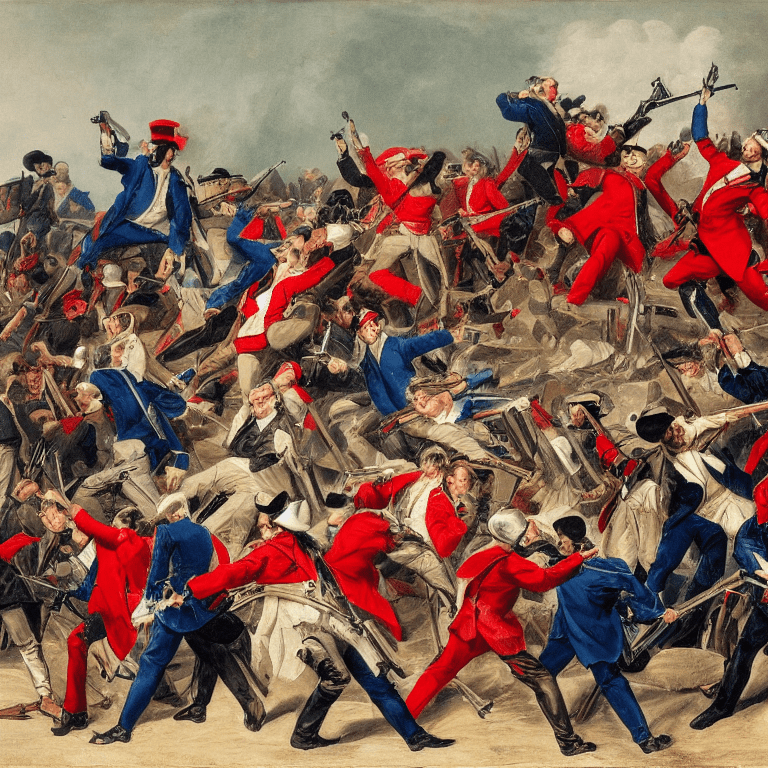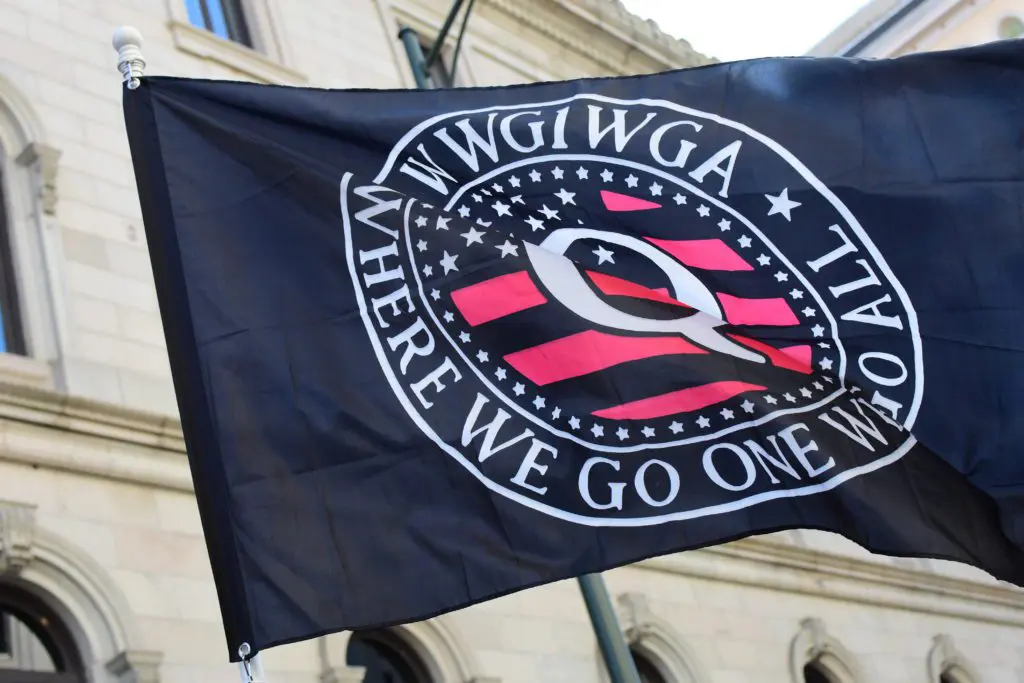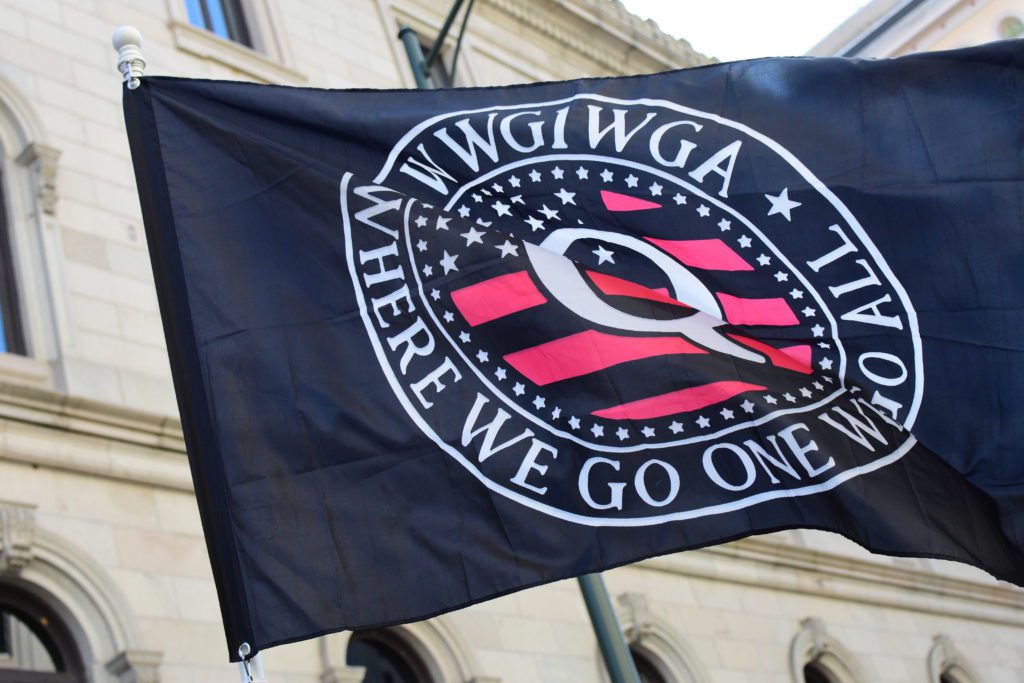Chances are you’ve had an encounter with an emotional predator — whether you’re aware of it or not. Most everyone is familiar with the physical abuser: typically the man who beats his wife or female partner. But emotional abuse, and psychological abuse, are also integral components of abuse and are often present with, and precursors to, intimate partner physical violence.
Often individuals who abuse others have a personality disorder that increases their chances of becoming an abuser. Many of these personality disorders have narcissism at their roots — a psychological defense mechanism in which an individual harbors grandiose fantasies about themselves and feels selfishly entitled to having all their demands met.
Narcissists require a constant stream of admiration, or “narcissistic supply,” coming their way. They achieve this through charm, emotional and psychological manipulation, and all sorts of shady, unethical, or downright illegal tactics and behaviors. When a narcissist wants something from you, or wants you to do something, he can become a devious emotional predator who takes advantage of your good will for his own ends without thinking twice.
How to identify an emotional predator
One way to protect yourself from emotional predators is to understand how they behave, and become familiar with how to detect manipulative and deceptive behavior as early on as possible. If you see any of the warning signs below in a loved one, coworker, community member, or position of leadership, then use caution in dealings with this individual. Seek external advice and assistance in threat assessment before placing further trust in this person.
Emotional predation can take place at all levels: interpersonal interactions and intimate partnerships, within groups and organizations, as well as at much larger scales on the order of societies, nations, and — increasingly — global networks. If you feel something “off” in an interaction that feels loaded with emotional pressure, stop for a moment and do some critical thinking about whether someone is trying to prey on your emotions, and how to respond.


Emotional predators are often found leading cults (both small and large), so take a look at those who surround them and ask if they seem like mindless followers in thrall to the cult of personality of one individual. Assess whether you and/or others who interact with the psychic vampire experience the following phenomena:
- Manipulating your emotions; emotional blackmail — A form of manipulation where someone uses your feelings against you to get what they want. It often involves guilt-tripping, fear, and obligation, making you feel trapped in a cycle of compliance.
- Love bombing — Used to secure your loyalty in the first place, love bombing is a technique in which the emotional predator showers you with affection, admiration, and gifts in the early stages of your relationship. Their goal is to create a strong attachment quickly, that will make it harder for you to see and recognize their darker traits coming out later on.
- Negging; undermining confidence and self-esteem — Negging is a tactic where someone offers backhanded compliments or subtle insults to undermine your self-esteem. The goal is to make you feel vulnerable, so you seek their approval.
- Creating unnecessary chaos — Some individuals thrive on creating chaos to divert attention from their actions or to keep others off-balance. It’s a control tactic that leaves you feeling disoriented.
- Consistent inconsistency; intermittent reinforcement — This involves unpredictable behavior, where positive reinforcement is given sporadically. It keeps you guessing and hooked, as you never know when the next “reward” will come; as in gambling, e.g.
- Grandiosity — An inflated sense of self-importance and superiority over others. It’s often a mask for deep-seated insecurities.
- One-way street — In a one-way relationship, one person’s needs and wants are prioritized over the other’s. It’s a dynamic that leaves one feeling drained and unappreciated.
- Masters of deceptive and misleading stories — Some individuals are adept at crafting narratives that bend the truth, often to serve their own interests or manipulate others.


- Love to play victim and hero — These individuals portray themselves as both the victim and the hero in different narratives, manipulating emotions to gain sympathy or admiration.
- Diverting attention — Diversion tactics are used to shift focus away from the individual’s actions, often by blaming others or creating new issues.
- Disregarding the law — Some people view laws as mere suggestions, often rationalizing illegal actions for personal gain or out of a sense of entitlement. The so-called Sovereign Citizens movement essentially codified this as an ideology the group believes in, and tries to use as legal argument in court (failing each time).
- Denying plain facts; denialism — Denialism involves refusing to accept proven facts, often to protect one’s ego or agenda.
- Assert the opposite of reality — This tactic involves making claims that are directly contradicted by observable facts, creating a confusing and disorienting environment.
- Magical thinking — Magical thinking is the belief that one’s thoughts or actions can influence unrelated events. It’s often a way to avoid responsibility.
- Projection — Assigning their own feelings or imputing their own motives into you. Projection involves attributing one’s own undesirable feelings or motives to another person, often as a defense mechanism.
- See the world as with them or against them (splitting) — Splitting is a cognitive distortion where people are categorized as all good or all bad, with no middle ground or nuance.
- Nurturing and maintaining enemies (paranoia) — Some individuals maintain a sense of purpose or identity by creating and nurturing perceived enemies, often based on exaggerated or imagined threats.


- Moves the goalposts — Changing the criteria for success or approval, making it difficult for others to meet expectations.
- Refuses to take responsibility or admit fault — Some folks deflect blame and never admit fault, often rationalizing their actions to avoid accountability.
- Gaslighting — causing you to question your own sanity. Gaslighting is a form of manipulation where someone tries to make you doubt your own perceptions and sanity.
- Bullying — Bullying involves repeated, intentional harm or intimidation, often to assert control or superiority over someone else.
- Frequent liar / compulsive liar — Some individuals lie habitually, either to manipulate others or sometimes without any apparent reason.
- Aggressive and easily angered — These individuals have low tolerance for frustration and may resort to aggression or anger to assert control or mask insecurities.


Arm yourself with as much information as you can about emotional predators and the tactics of undue influence techniques they use, as well as the real world history of cults and their consequences — and how to get people out of them via deprogramming techniques. Here’s a cults and mind control book list to get you started:

















